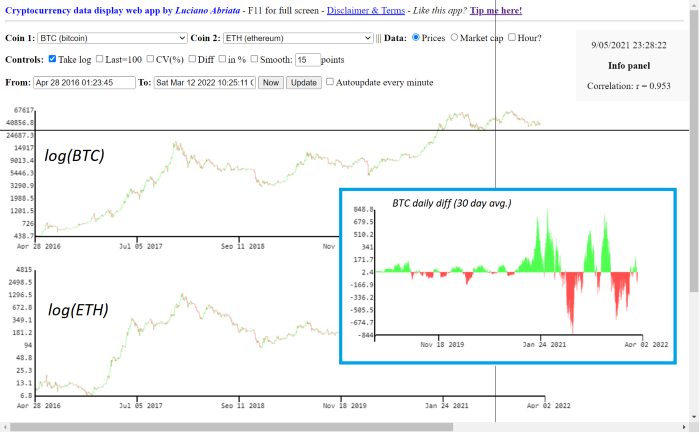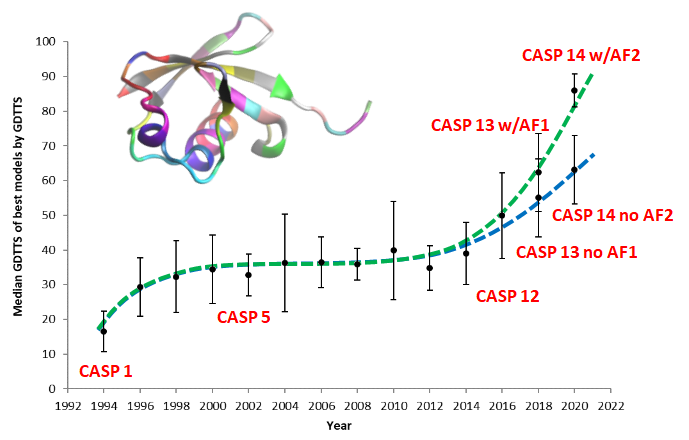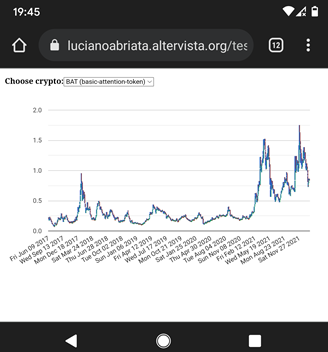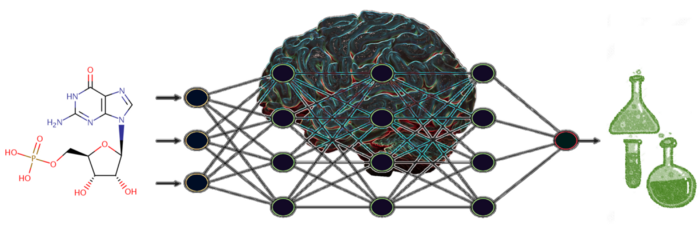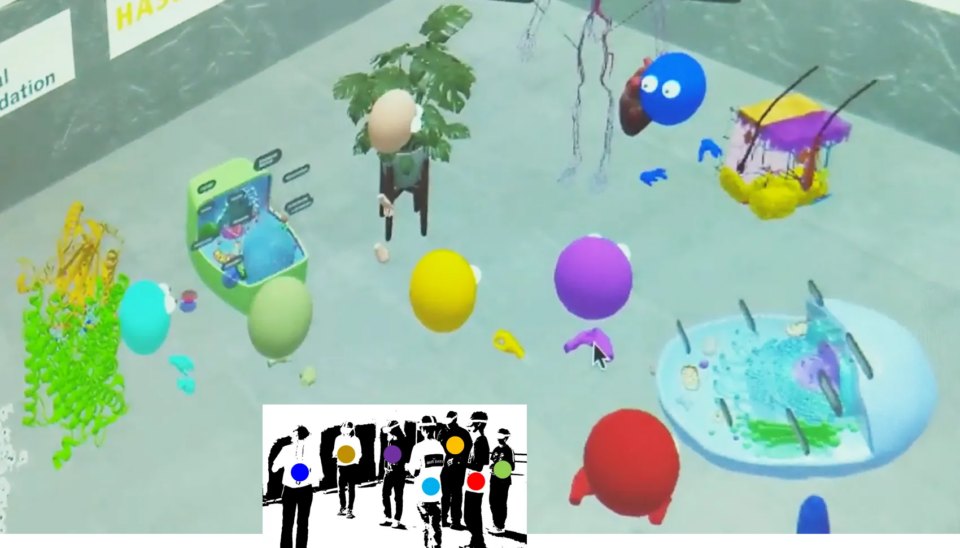
Our new website is the Metaverse’s ultimate immersive tool for education and peer discussion in chemistry and structural biology. Running in web browsers and hence on all modern devices like smartphones, tablets, computers and VR-headsets, MolecularWebXR allows users to interact with each other and with virtual objects seamlessly inside a dedicated VR world. Access one of various rooms with preset content covering different topics, or setup your own material for education and scientific discussions. Read on to know more, see it in action, and get help. Article at https://medium.com/age-of-awareness/molecularwebxr-free-multiuser-immersive-chemistry-and-biology-at-your-fingertips-from-high-end-50b93f8e1148






